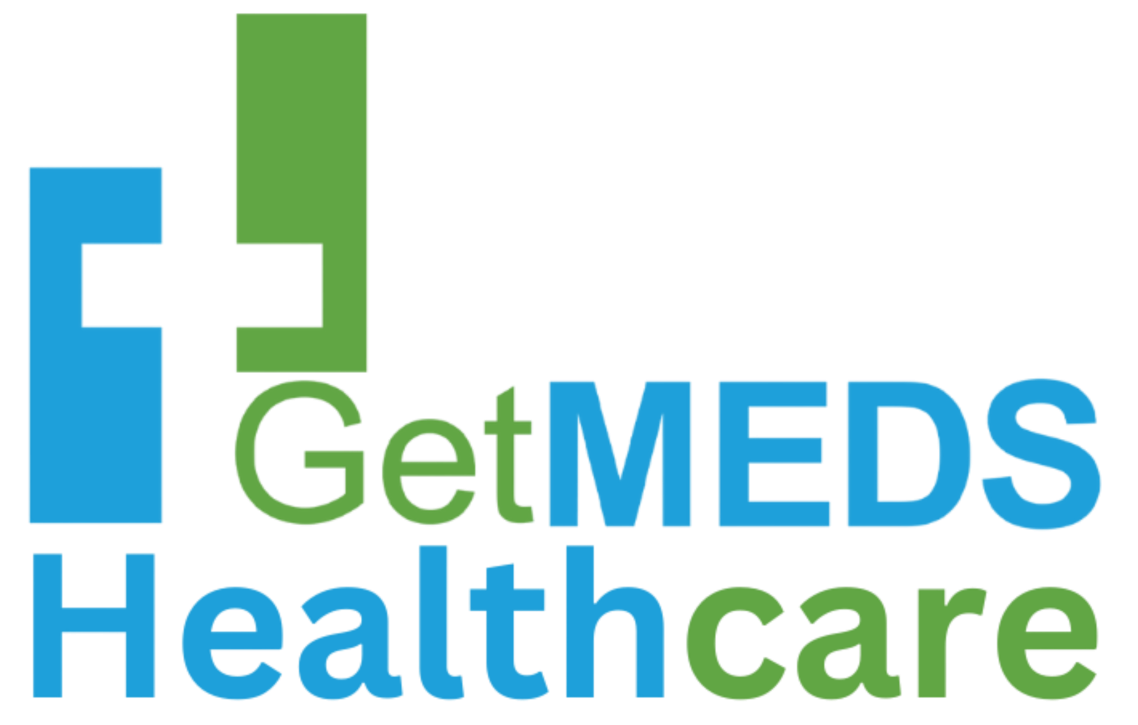
Call anytime
+ 63 917 156 9029
Send email
care2@getmeds.in

+ 63 917 156 9029
care2@getmeds.in
| Manufacturer | Venus Remedies Limited |
|---|---|
| Origin of Medicine | India |
| Packing Type | Concentrate for Sol'n for IV Infusion in Vial + Diluent |
Gemcitabine is a chemotherapy medication that treats breast cancer, lung cancer, pancreatic cancer and ovarian cancer. Gemcitabine is sometimes given with other cancer medicines, or when other cancer treatments did not work or have stopped working. A healthcare provider will give you this injection via infusion into a vein at a hospital or clinic.
Get emergency medical help if you have signs of an allergic reaction: hives; difficult breathing; swelling of your face, lips, tongue, or throat.
Also call your doctor at once if you have:
Your cancer treatments may be delayed or permanently discontinued if you have certain side effects.
Common side effects of gemcitabine may include:
Gemcitabine is a chemotherapy drug that works by killing cancer cells by inhibiting DNA synthesis. It is designed to target and kill cancer cells by inserting itself into the DNA of a pancreatic cancer cell, but not allowing cancer DNA to replicate. Gemcitabine mimics a normal building block of DNA, called a nucleotide, and disrupts DNA replication, which a cell needs to do in order to divide. Gemcitabine is in a class of medications called antimetabolites.
You should not use gemcitabine if you are allergic to it.
Tell your doctor if you have ever had:
Both men and women using gemcitabine should use effective birth control to prevent pregnancy. Gemcitabine can harm an unborn baby if the mother or father is using this medicine.
This medicine may affect fertility (ability to have children) in men. However, it is important to use birth control to prevent pregnancy because gemcitabine can harm an unborn baby.
You should not breastfeed while you are using gemcitabine, and for at least 1 week after your last dose.
Q1. What happens if I miss a dose?
Call your doctor for instructions if you miss an appointment for your gemcitabine injection.
Q2. What happens if I overdose?
Seek emergency medical attention.
Q3. What should I avoid while using gemcitabine?
Avoid being near people who are sick or have infections. Avoid activities that may increase your risk of bleeding or injury.
Do not receive a “live” vaccine while using gemcitabine, and avoid coming into contact with anyone who has recently received a live vaccine. There is a chance that the virus could be passed on to you. Live vaccines include measles, mumps, rubella (MMR), polio, rotavirus, typhoid, yellow fever, varicella (chickenpox), zoster (shingles), and nasal flu (influenza) vaccine.
Q4. What other drugs will affect gemcitabine?
Other drugs may affect gemcitabine, including prescription and over-the-counter medicines, vitamins, and herbal products. Tell your doctor about all your current medicines and any medicine you start or stop using.

Subscribe to our newsletter to receive our weekly feed.
Subscribe to our newsletter to receive our weekly feed.
Copyright © 2024. Getmeds
Subscribe to our newsletter to receive our weekly feed.
Copyright © 2024. Getmeds